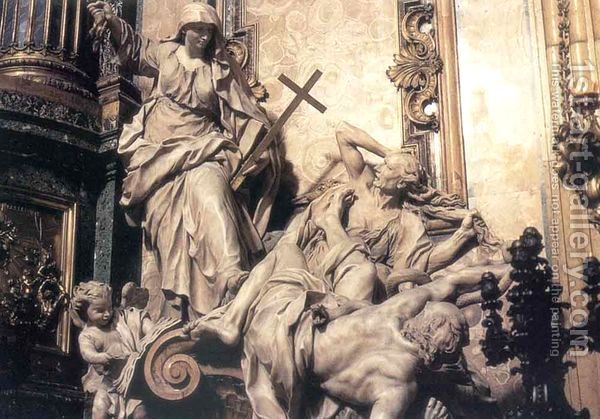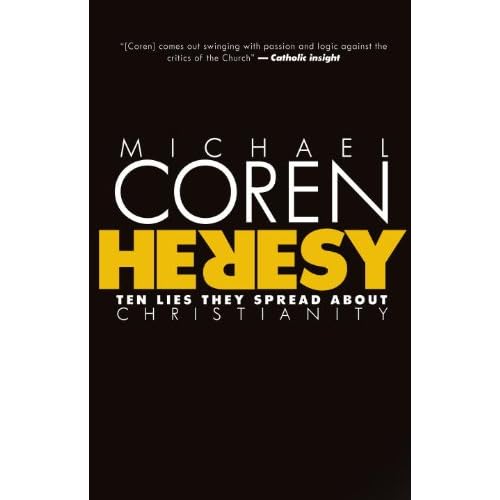
Dear Theophilus,
As I mentioned in my last post, I am taking my Religious Education part 2 course to add to my qualifications as a catholic teacher. As promised by my friend, colleague and course director, many of the twenty some-odd students in the class are at varying points along the way of their spiritual journey.
Many of my classmates are posing some very good and thought provoking questions on Catholic Church teachings. I think much of what they’re asking about comes from the perception of Church teachings presented in the media; the two most frequent questions turning around homosexuality and the ordination of women.
It’s good to ask questions. That’s how we learn. The course instructor even went so far as to state that over the millennia Church Early Church
The idea that did resurface, time and again, through our discussion, was a questioning of why the Church excludes and judges those that go against its teachings. Both Fr. Robert Barron and Michael Coren offer fantastic insights as to how the Catholic Church deals with heresies and heretics.
Both start from the accepted definition of heresy: “An opinion or a doctrine at variance with established religious beliefs, especially dissension from or denial of Roman Catholic dogma by a professed believer or baptized church member.” From here, what both Fr. Barron and Coren proclaim is that the Catholic Church has no problem accepting heretics into the fold; it is rather their heretical ideas that cause the problem. Michael Coren goes further in writing that it is not the Catholic Church that excommunicates heretics, but that they excommunicate themselves (Heresy: Ten Lies They Spread about Christianity) and that the Catholic Church plainly states its ideals and teachings, and if you don’t like them, you are painfully free to go (Why Catholics are Right). Both of Coren’s books are excellent resources to help Catholics and Christians to answer the questions others will have as they search out their faith.

Recently, Fr. Barron posted his thoughts on heresy on his website, www.wordonfire.org. Fr. Barron reiterates that we need to love the heretic while being wary of their heretical ideas. In his talk, Fr. Barron explains how trying to tell the Catholic Church to change its teachings is tantamount to telling another person of free will what they can and cannot believe. Fr. Barron goes on to use a great parallel – that telling the Catholic Church to accept uncatholic teachings would be like asking the United States Golf Association to start building baseball diamonds. Not that there is anything wrong with baseball, it’s just not the stated purpose of the USGA.
What we need to do is to educate ourselves. Ask the hard questions of faith and Catholic teachings, and then find out why they exist. Once we’ve educated ourselves, we can lovingly teach our neighbour, helping them along their own faith journey.
No comments:
Post a Comment